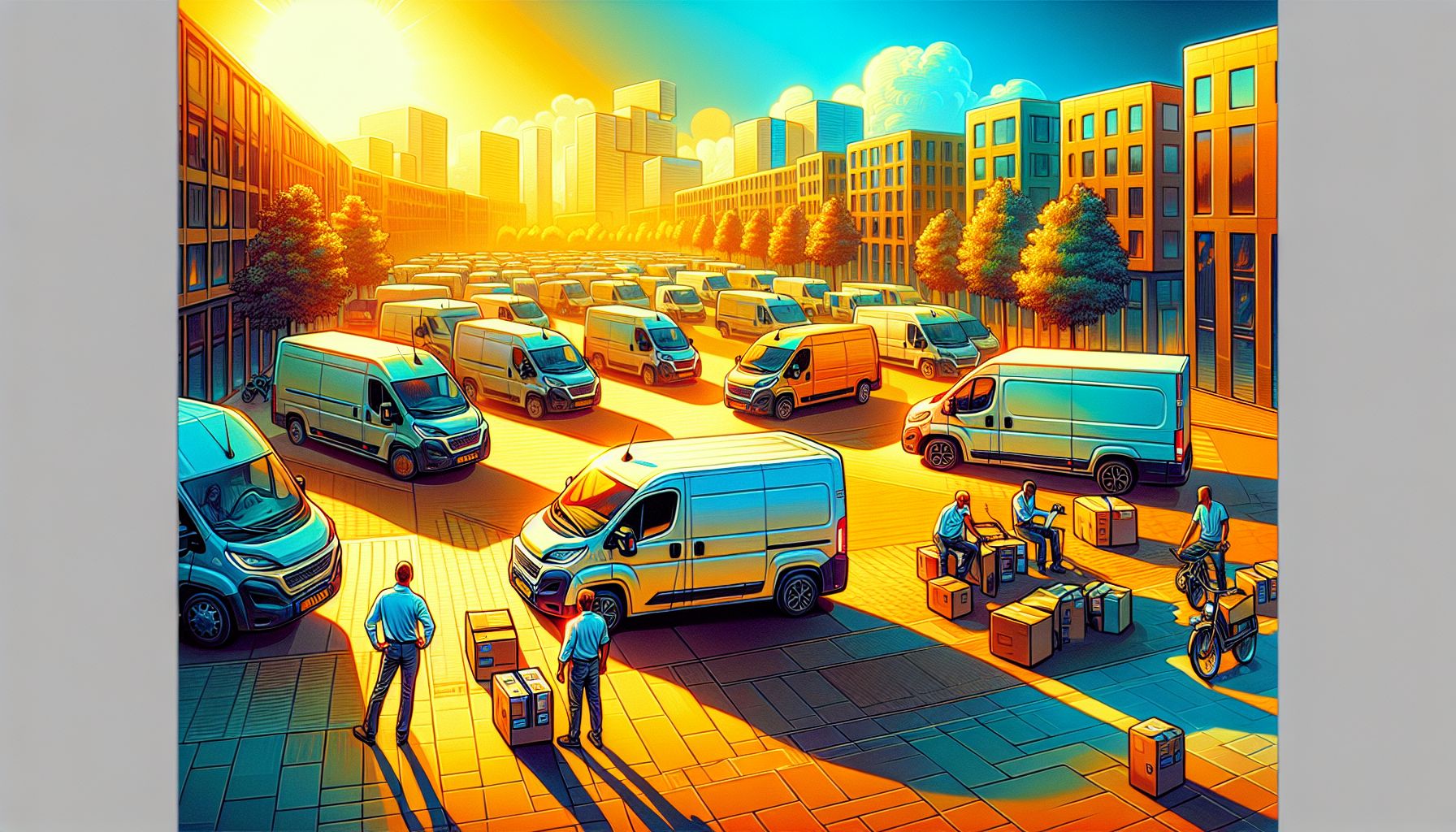Dutch Government Boosts Electric Van Subsidies by €30 Million

Amsterdam, Friday, 9 August 2024.
In response to upcoming zero-emission zones, the Dutch government has allocated an additional €30 million for electric delivery van subsidies. This move, prompted by evofenedex’s advocacy, aims to help businesses transition to eco-friendly vehicles, addressing the high demand evident from over 7,000 recent subsidy applications.
Addressing the Zero-Emission Zones
The introduction of zero-emission zones across the Netherlands is driving this significant policy change. With these zones set to be implemented in various urban areas, businesses are under pressure to upgrade their fleets to comply with new environmental regulations. The additional subsidy from the Dutch government, spearheaded by Staatssecretaris Chris Jansen, is a direct response to this need. It aims to ease the financial burden on businesses, enabling them to invest in electric delivery vans that align with the nation’s broader environmental goals.
Evofenedex’s Advocacy
Evofenedex, a prominent Dutch trade and logistics association, played a crucial role in securing this subsidy. By lobbying the government, they highlighted the challenges businesses face in transitioning to electric vehicles. Their efforts underscored the necessity for financial support to ensure a smooth and timely transition, mitigating the economic impact on small and medium-sized enterprises (SMEs). This advocacy has been instrumental in promoting sustainable logistics practices within the country.
Popularity of the SEBA Program
The Subsidieregeling Emissieloze Bedrijfsauto’s (SEBA), or Zero-Emission Commercial Vehicles Subsidy Scheme, has already seen substantial uptake. Over 7,000 applications have been submitted in recent months, indicating a robust interest among entrepreneurs in adopting sustainable transportation solutions. This popularity reflects a growing awareness and commitment within the business community towards reducing carbon footprints and embracing green technologies.
Economic and Environmental Impact
The additional €30 million subsidy is expected to have significant economic and environmental benefits. Economically, it supports the growth of the electric vehicle market, fostering innovation and job creation within the green technology sector. Environmentally, it contributes to the reduction of greenhouse gas emissions, improving air quality in urban areas and helping the Netherlands meet its climate targets. By facilitating the shift to electric delivery vans, the government is taking a proactive step towards a sustainable future.
Future Prospects
Looking forward, the Dutch government’s commitment to green innovation is likely to spur further advancements in the electric vehicle industry. Continuous support and incentives will be crucial in maintaining momentum and achieving long-term sustainability goals. As businesses increasingly adopt electric vehicles, the cumulative impact on carbon emissions and environmental health will become more pronounced, positioning the Netherlands as a leader in sustainable urban logistics.

